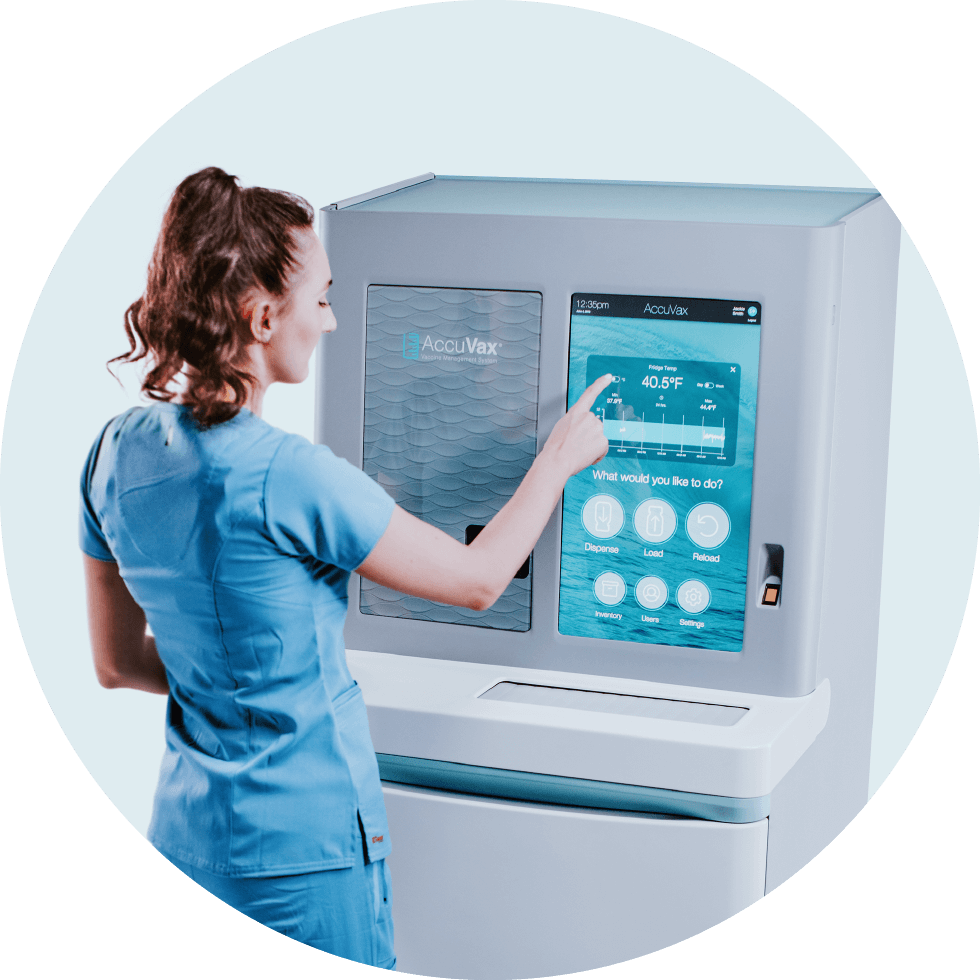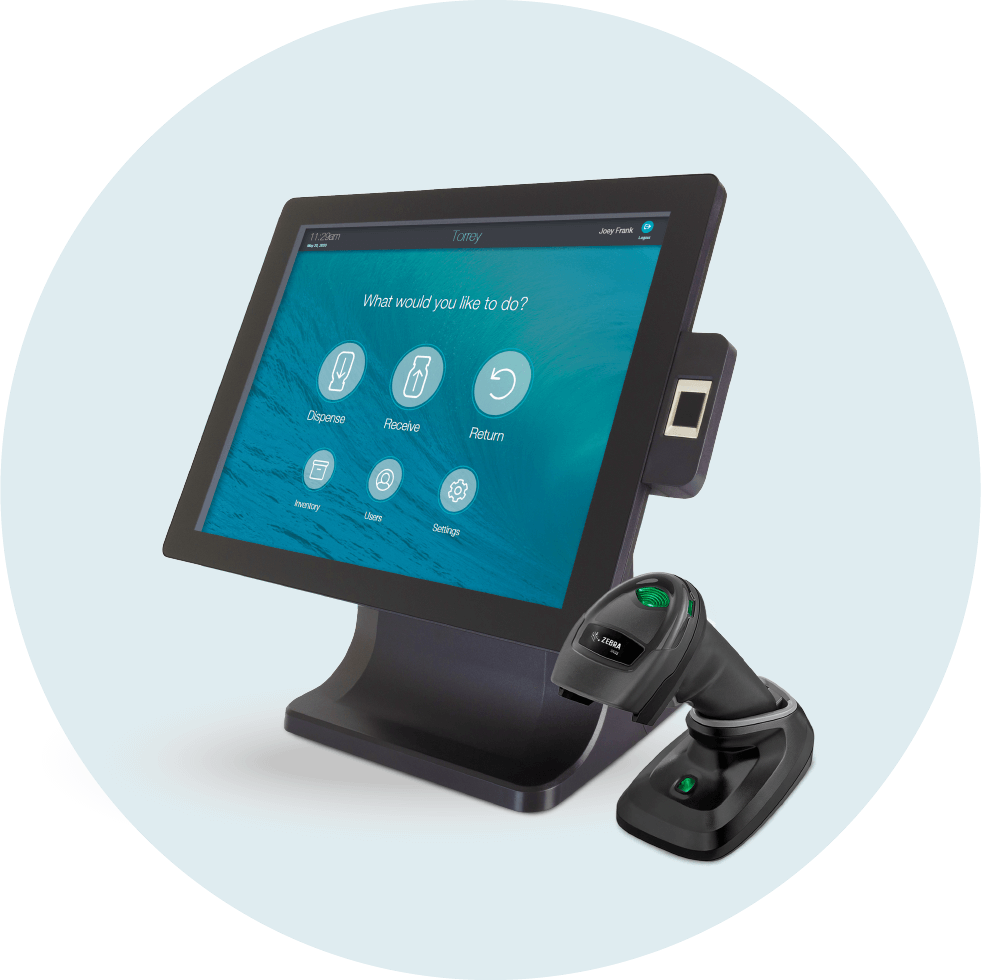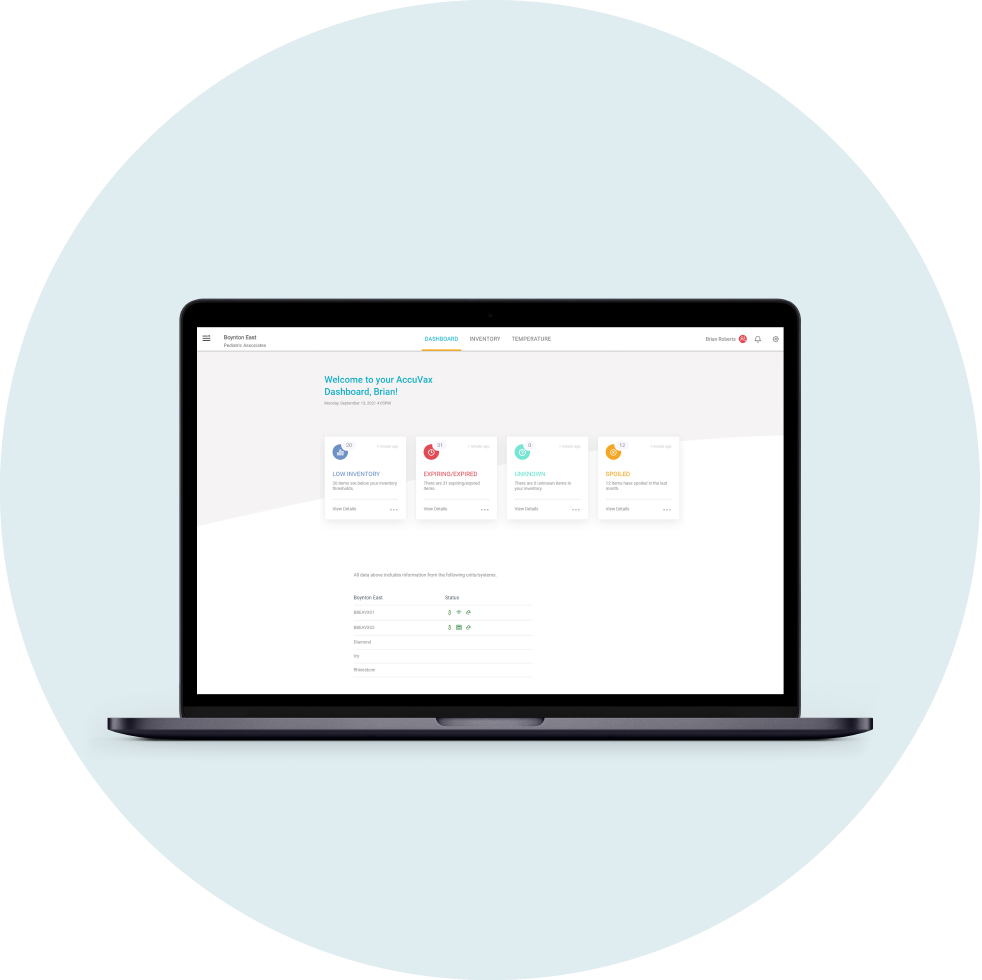Common Patient Questions around the COVID-19 Booster Shot
The COVID-19 Booster: What You Need to Know
Last December, the first non-trial COVID-19 vaccines were administered in the United States. Since then, nearly 200 million Americans have been fully vaccinated.
Even though vaccines are proven to be effective in preventing severe illness, hospitalizations, and death, their effectiveness can diminish over time. That’s why public health officials are recommending certain populations receive a COVID-19 booster 6-8 months after the second shot.
As a physician, pharmacist, or professional at a clinic, you may get questions about vaccines and boosters. Below, we’ve answered a few common questions so that you’ll always have answers for your patients.
What is a booster vaccine?
When an individual has received their second vaccine shot (or first for Johnson & Johnson), they are considered fully vaccinated. However, even after being fully vaccinated, protection against the COVID-19 virus can wane over time. A booster shot is intended to increase immune response and improve protection against COVID-19, including the Delta variant.
Who is eligible for a booster shot?
At this time, FDA authorization only allows for individuals whose primary series was the Pfizer-BioNTech vaccine to receive a booster.
In the coming months, officials will likely recommend booster shots to additional populations. However, right now, booster shots are available for Pfizer-BioNTech vaccine recipients who fall into these categories:
- Older adults and 50-64 year old people with medical conditions
- Long-term care setting residents aged 18 and older
- People with underlying medical conditions aged 18-49 years
- People at increased risk for COVID-19 exposure and transmission due to an occupational setting (First responders, teachers, grocery store workers, and more)
For individuals whose primary series was Johnson & Johnson or Moderna, booster shots could be right around the corner. On October 14, vaccine advisors to the FDA voted unanimously to recommend emergency use authorization for Moderna’s booster.
Similarly, FDA advisors unanimously recommended to authorize a Johnson & Johnson booster vaccine on October 15.
More data around the safety and effectiveness of these boosters and a potential schedule for rollout is expected from the CDC soon.
Are individuals who have gotten a Moderna or Johnson & Johnson primary series eligible for a Pfizer booster?
The FDA is also authorizing the use of heterologous (or “mix and match”) booster dose for currently available (i.e., FDA-authorized or approved) COVID-19 vaccines. A single booster dose of any of the available COVID-19 vaccines may be administered as a heterologous booster dose following completion of primary vaccination with a different available COVID-19 vaccine.
When should someone get a booster shot?
Individuals who are eligible for a booster shot and were fully vaccinated over six months ago are recommended to get a booster shot. However, everyone’s situation is different and you can always discuss with your patients what works best for them and their timeline.
If your practice provides and administers vaccines, it’s imperative to have a vaccine management system in place to help with careful handling of the vaccines.
Our AccuVax Vaccine Management System automatically takes care of all aspects of COVID-19 vaccine and booster storage and handling so you can focus on treating your patients.
This state-of-the-art refrigerator system ensures proper storage, monitors temperature, maintains inventory, and can even track boosters, saving you time and money and keeping your patients safe.
Similarly, our AccuShelf Vaccine Inventory Management System provides an all-inclusive solution to automate the entire process of vaccine management.
It can help you track every COVID-19 vaccine and booster from receipt to patient administration in real time while also maintaining cold chain storage protocols.
Learn more about the best end-to-end solution for COVID-19 vaccines here.





